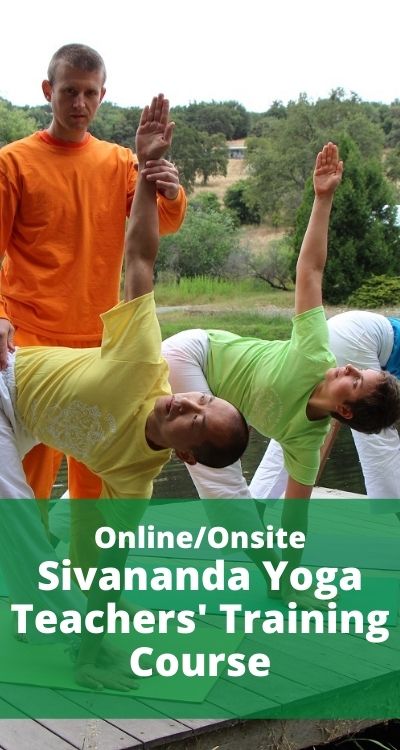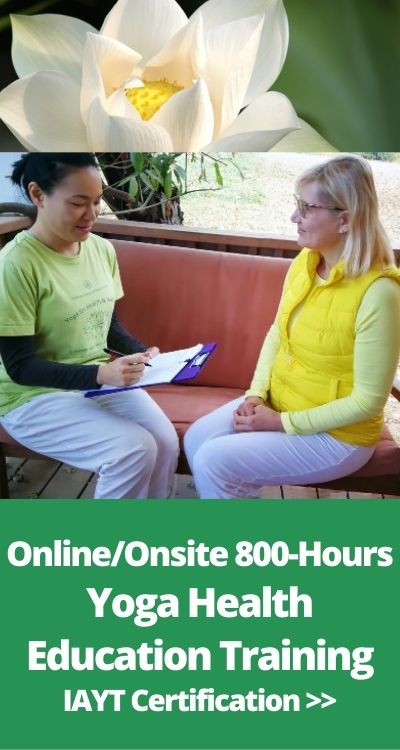 Many people suffer from addictions because the mind has a natural tendency towards addiction. Continuous thought patterns develop a habit and we hold on to it thinking that this is just who ‘we’ are. The easiest and most effective way to remove these habits is to replace them with positive ones. Think of a smoker who has difficulty losing his smoking habit. He may manage to overcome it because he replaces the cigarettes with chewing gum. Every time he thinks of smoking, he takes a piece of gum. Similarly, when a negative thought arises, stop right there and replace it with a positive thought.
Many people suffer from addictions because the mind has a natural tendency towards addiction. Continuous thought patterns develop a habit and we hold on to it thinking that this is just who ‘we’ are. The easiest and most effective way to remove these habits is to replace them with positive ones. Think of a smoker who has difficulty losing his smoking habit. He may manage to overcome it because he replaces the cigarettes with chewing gum. Every time he thinks of smoking, he takes a piece of gum. Similarly, when a negative thought arises, stop right there and replace it with a positive thought.
Addictions are nothing but negative habits and mind patterns. They arise because we feel the need to do something every time we feel empty or stressed about a situation. We might reach for a drink, a cigarette or chocolate bar. It is an autonomic nervous response. The response becomes habitual and once this happens, reaching for that next glass of wine or cigarette or chocolate turns into an addiction.
Yoga teaches us that we are students and we are being molded by the Divine. Events happen so that we can be molded into a better person. When we are faced with a difficult situation, we need to realize that we are being given the opportunity to learn. Many times we do not learn from such opportunities. Instead, we respond with a negative emotional reaction. Over time, this becomes our default response and turns into a habit. These eventually convert into emotional baggage and this leads to addictions.
For example, we may have been subject to a bad breakup. Negative emotions consume our thoughts, and our mind resists acknowledging them and letting them subside. At that time, we may feel that we have lost connection with our inner being. We lose the strength or will to deal with our thoughts. We reach out for a drink. The negative emotion then begins to overtake our thoughts, as we have succumbed to drinking, and have even less will, strength, and discrimination.
Once a tendency towards self-destruction gets established, it is easily repeated and it becomes a habit. And even if we reach a point where the negative memory has faded and we are drinking less, guess what? There will be another difficult situation that confronts us. That is how life is. And because we emotionally crashed the first time and reached for something external to support us, we are likely in the face of this new crisis, to follow the same path of addiction.
In yoga we do not let ourselves collapse. When we practice a posture, we hold it and continue to maintain our body in that posture. This helps us to learn to hold our emotions and our mind. If we practice self discipline and do not indulge in every sensual pleasure that tempts us, we become stronger. Yoga trains the mind to become stronger, more balanced and better able to adapt – flexible, in other words. The physical asanas (yoga postures) are an important aid in building a strong flexible mind.
Another technique is to keep ourselves busy, which will take the mind away from the addiction. When the mind wanders, it receives all kinds of influences from the surrounding environment. The imagination starts to play. We develop all kinds of anxieties and fears. So, keep busy. Busy means concentrated, not stressed. In other words, we use the method of conscious concentration of the mind. A good way to concentrate consciously is to use mantras. Mantras are wonderful tools to replace negative thought patterns.
We need to carefully limit the influences to which we expose ourselves. They may unconsciously encourage us in our addictive habits. We need to be aware of the influence of films, television shows, literature, advertisements and song lyrics. We should be discriminate in choosing our friends and social avenues. We should try to mix with people who think positively and radiate positivity.
An important tool in healing addictions is the method of self-surrender. Many of us who have strong addictions know firsthand that it can challenging and frustrating to let of our addictions without support. The method of self-surrender is a powerful instrument to overcome addiction. The addict says “I know I cannot deal with my mind and I need support. I am going to call on a higher power to help me.” We surrender our own will and instead ask the Divine will for help. In doing so we link, through devotional practice, to a source of power that is stronger than our mind. We surrender to the Higher Consciousness and the addiction knows that it cannot compete with it and leaves us in peace.
All we need do is surrender and we can relax. We become like a kitten in the mouth of a mother cat. When we surrender to the Divine we know that the work will be done. We have to only relax, surrender, pray and connect ourselves to the Divine. We bring the Divine’s presence into our life and that is all. And through this Divine Grace we get freedom from our addictive behavior.




Thank you for this article. Thanks a lot. I have no words to express my thankfulness for this article. I hope and pray all who read this including me will be overcome and staircase the addiction s we are dealing with.
God bless you!